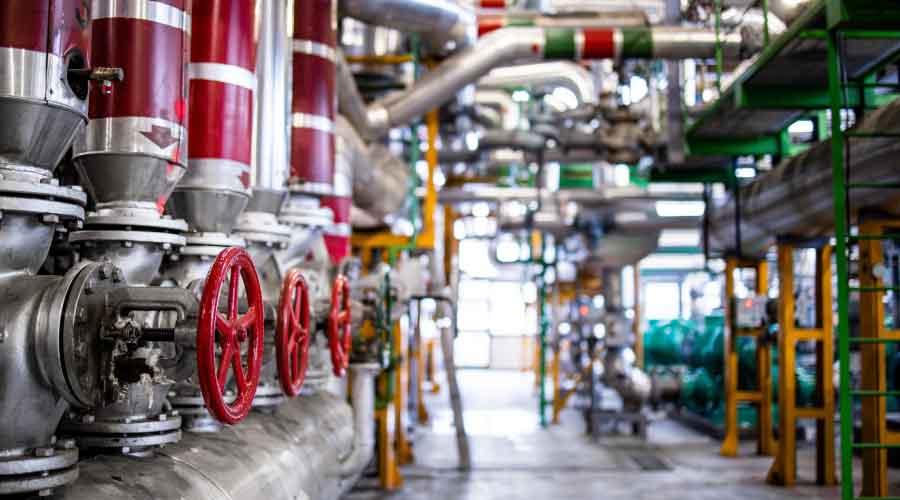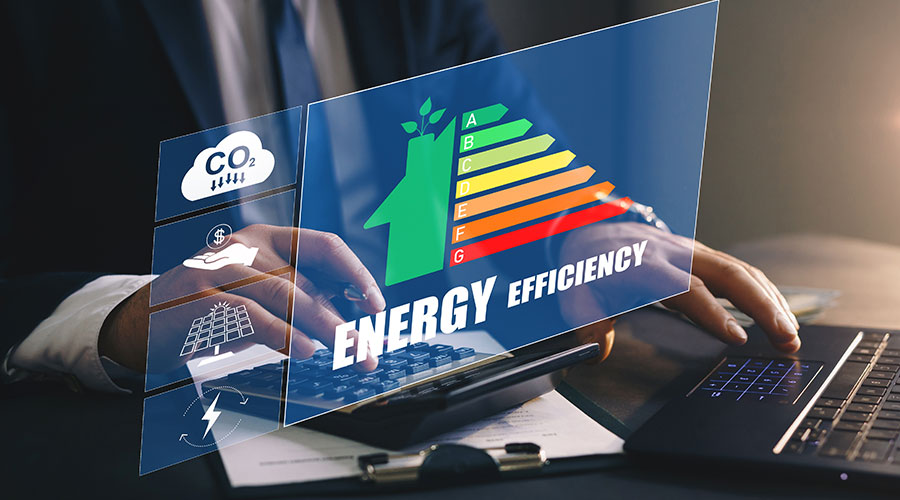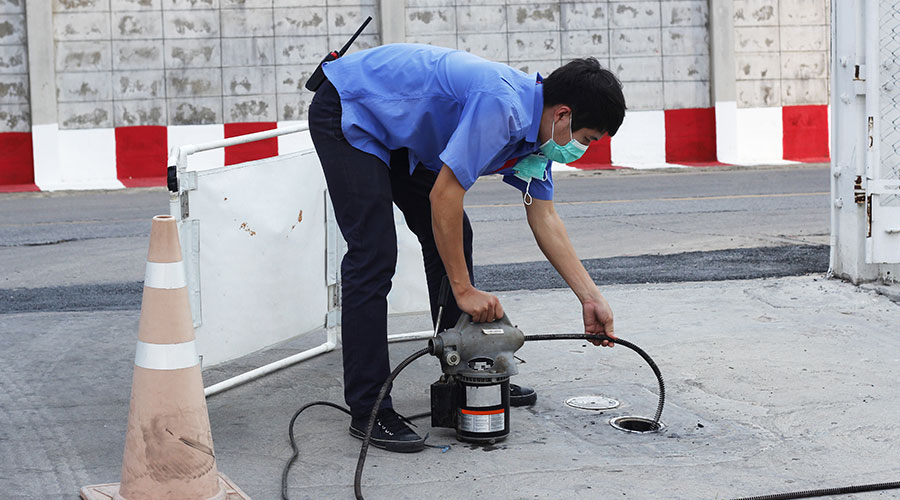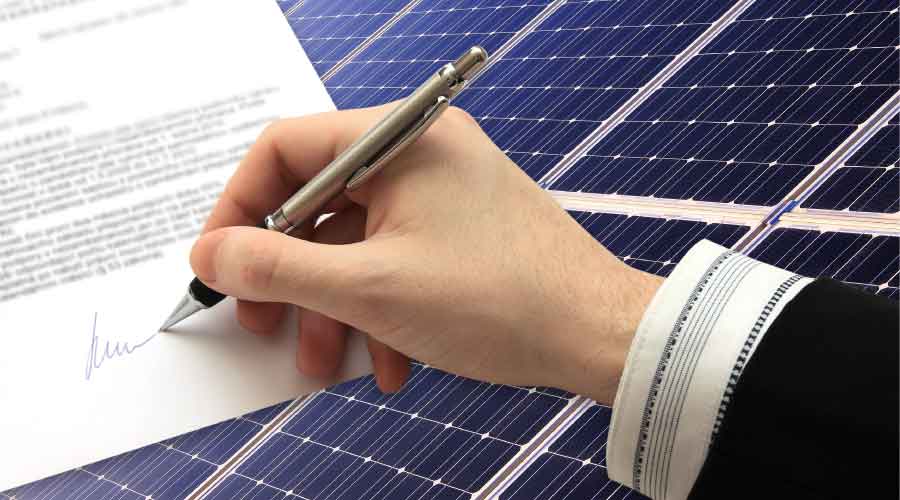
Propane Power Generators Help Prevent Blackouts, Cleaner Alternative
A PERC study looks at recent trends in power generation and how propane systems can offer low emissions and a resilient solution. June 9, 2022
Propane Education & Research Council (PERC) released a study, Power Generation: The Emissions Shifting Problem, that emphasizes the need to accelerate decarbonization with clean energy sources like propane. The study looks at recent trends in power generation and how propane systems can offer low emissions and a resilient solution for commercial construction professionals and their customers. “Replacing diesel assets with propane-powered equipment will continue to push us toward significant air quality improvement and decarbonization,” says Gokul Vishwanathan, director of research and sustainability, PERC. “It is markedly important to just not focus on electrification of all sectors but on a diversified portfolio that accounts for both market dynamics and consumer preferences.”
Climate change induced severe weather events, coupled with natural disasters have led to electrical grid failures. Commercial propane generators provide supplemental power for a building’s electrical loads when power from the electric grid is interrupted.
The United States currently endures more blackouts than any other developed nation. According to federal databases at the Department of Energy (DOE) and the North American Electric Reliability Corporation (NERC), the number of U.S. outages lasting more than an hour have increased steadily over the past decade. The Energy Information Administration (EIA) conducted an analysis and on average, a person in the US went over eight hours without electricity in 2020 - more than twice as long the average American went without power in 2013. This loss of power to commercial buildings can impact vital systems like smoke and fire detection, elevators, refrigeration units, heating and cooling equipment, health and safety equipment, communications and many other applications.
To combat those failures, reliance on diesel power generation has increased, creating a bigger emissions problem and degradation of local air quality. Propane power generation equipment, including backup generators and combined heat and power systems can help businesses increase safety and resiliency, avoid economic losses and reduce emissions allowing businesses to retain their clean operation even with a power failure.
The analysis presented the following findings:
- There is a tremendous reliance on diesel generators for commercial and microgrid applications. Sales of diesel generators have significantly increased due to electric grid disturbances caused by severe weather events, exacerbating local air quality concerns.
- Propane can displace diesel generators in these markets and significantly improve local air quality, particularly by mitigating nitrogen oxides and particulate matter.
- Combined heat and power solutions offer both power and heat (and/or cooling), while providing significant reductions in nitrogen oxides, particulate matter, and carbon dioxide emissions.
Next
Read next on FacilitiesNet












